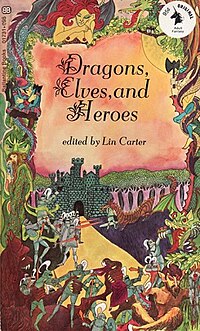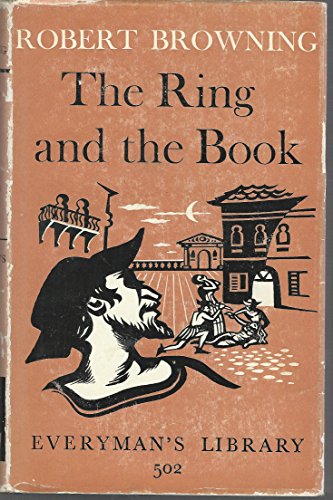Extollager
Well-Known Member
- Joined
- Aug 21, 2010
- Messages
- 9,441
Browning (1812-1889), outstanding Victorian poet, appeared in one of the first releases in Ballantine's famous fantasy series edited by Lin Carter.

"Childe Roland to the Dark Tower Came" is an outstanding early effort in modern fantasy. It may have left traces on the work of Tolkien, Alan Garner (Elidor), and others. The knight is on a quest, but he is doomed. The feeling of the poem is a long way from that of the atmosphere of Sir Thomas Malory.

I intend to read Browning's The Ring and the Book soon. I anticipate that it will take a lot of effort. It is based, as I understand, on a real murder trial in late 17th-century Italy.

Browning's poetic process was started when he perused an "old yellow book" picked up serendipitously.

Here is a place for Chrons people to discuss Browning and his works, should anyone be so inclined.

"Childe Roland to the Dark Tower Came" is an outstanding early effort in modern fantasy. It may have left traces on the work of Tolkien, Alan Garner (Elidor), and others. The knight is on a quest, but he is doomed. The feeling of the poem is a long way from that of the atmosphere of Sir Thomas Malory.

I intend to read Browning's The Ring and the Book soon. I anticipate that it will take a lot of effort. It is based, as I understand, on a real murder trial in late 17th-century Italy.

Browning's poetic process was started when he perused an "old yellow book" picked up serendipitously.

Here is a place for Chrons people to discuss Browning and his works, should anyone be so inclined.


